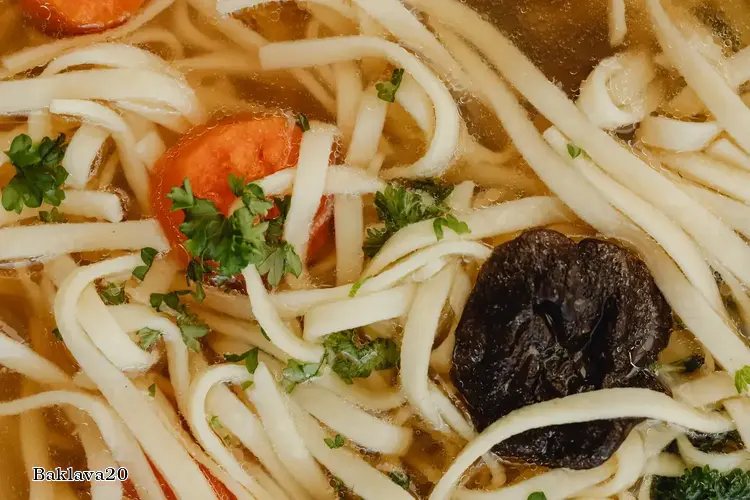

Baklava is a popular dessert that originates from the Middle East, especially in countries such as Turkey, Greece, and the Arabian Peninsula. It is a sweet pastry made with layers of phyllo dough, nuts, and honey or syrup. The word "baklava" comes from the Turkish language, where it is pronounced as "baklavan".
The history of Baklava can be traced back to the ancient Assyrians and Babylonians, who used to bake sweet pastries with honey and nuts. The modern version of Baklava, however, is believed to have originated in the Ottoman Empire, where it was served as a dessert at special occasions such as weddings and festivals.
The main ingredients of Baklava are:
To make Baklava, the phyllo dough is layered with nuts and honey or syrup, and then baked in the oven until the top is golden brown and the syrup is caramelized. The pastry is usually cut into diamond shapes and served as finger food.
Baklava is a popular dessert in many parts of the world, and each country has its own version with slight variations in ingredients and cooking methods. In Turkey, for example, Baklava is often served with a sprinkle of powdered sugar, while in Greece, it is typically topped with a drizzle of honey.
In addition to its rich history and delicious taste, Baklava also has cultural and symbolic meanings in some societies. In Turkey, for example, Baklava is considered a symbol of hospitality and is often served to guests as a sign of respect and generosity.
Overall, Baklava is a delicious and culturally significant dessert that has captured the hearts and taste buds of people around the world.
DISCLAIMER: This information is provided for general informational purposes only, and publication does not constitute an endorsement. Kwick365 does not warrant the accuracy or completeness of any information, text, graphics, links, or other items contained within this content. Kwick365 does not guarantee you will achieve any specific results if you follow any advice herein. It may be advisable for you to consult with a professional such as a lawyer, accountant, or business advisor for advice specific to your situation.
today
Copyright © 2026 KwickEAT.com
Designed by KwickPOS is the best restaurant POS